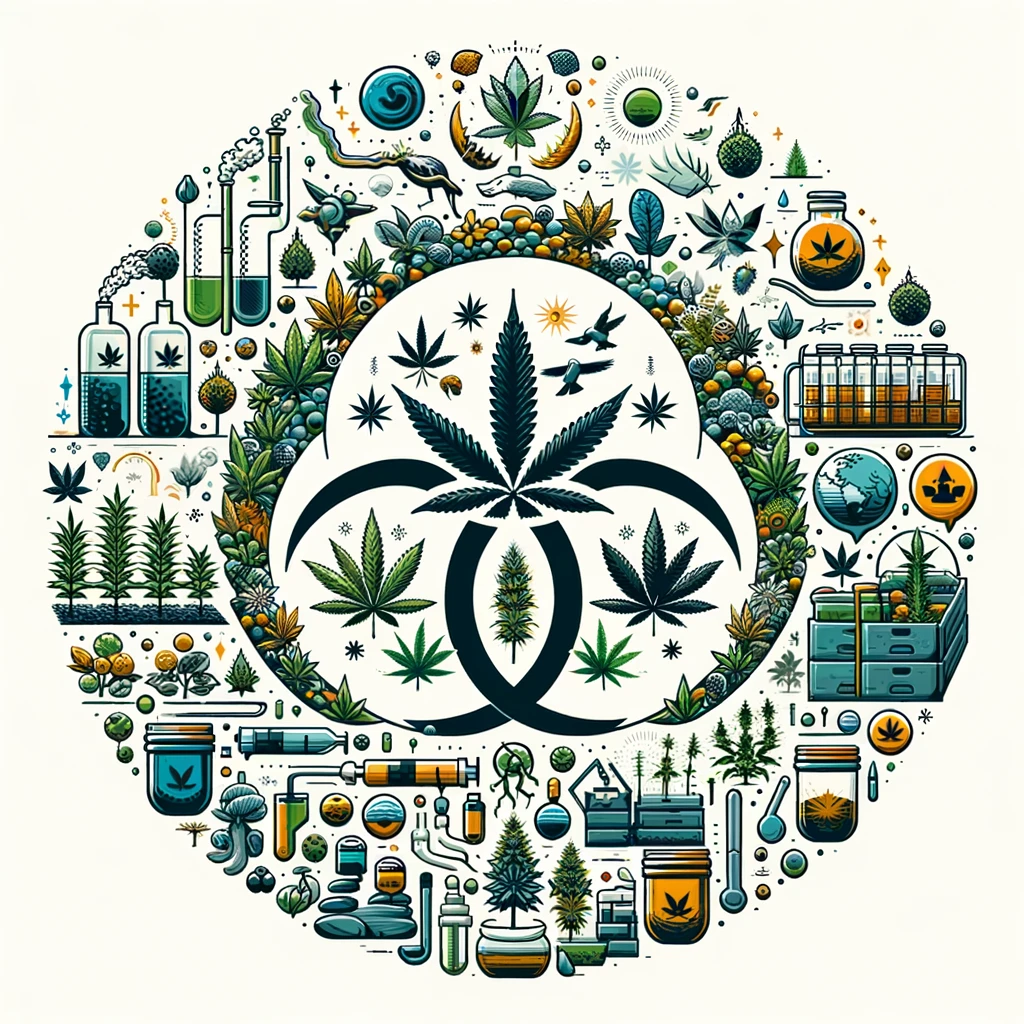Preserving Ecosystems in Cannabis Farming
Cannabis cultivation has the potential to impact local ecosystems, especially in regions where it is grown at a large scale. Preserving biodiversity while cultivating cannabis is a growing concern for both the industry and environmentalists.
The Impact of Large-Scale Cannabis Cultivation
Large-scale cannabis farming can have several negative ecological consequences:
- Habitat Destruction: Clearing land for cultivation can lead to the destruction of local ecosystems and wildlife habitats.
- Pesticide Use: Improper pesticide and herbicide use can harm non-target species and pollinators.
- Water Extraction: Excessive water use in cultivation can strain local water resources, affecting aquatic ecosystems.
Preservation through Sustainable Practices
Cannabis cultivators are exploring sustainable practices to minimize ecological harm:
- Regenerative Farming: Some cultivators are adopting regenerative farming techniques, which aim to restore and enhance ecosystems rather than deplete them.
- Mixed Cropping: Planting cannabis alongside other native or beneficial crops can provide habitat for wildlife.
- Natural Pest Control: Reducing pesticide use and encouraging natural pest control methods help protect local species.
Indoor and Greenhouse Cultivation
Indoor and greenhouse operations, while energy-intensive, can implement sustainable practices:
- Closed-Loop Systems: Closed-loop systems can recycle and purify water, reducing water waste.
- LED Lighting: Energy-efficient LED lights can replace traditional high-pressure sodium lights, reducing energy consumption.
Community Engagement
Some cannabis companies are engaging with local communities to promote sustainable practices:
- Habitat Restoration: Investing in habitat restoration projects helps offset the environmental impact of cultivation.
- Community Education: Companies provide resources and education to local communities about conservation.
Environmental Regulations
State governments have started to implement regulations to protect ecosystems affected by cannabis cultivation:
- Environmental Assessments: Regulations may require cultivators to conduct environmental impact assessments.
- Restoration Funds: Some states require cannabis companies to contribute to funds for habitat restoration.
Certification Programs
Various certification programs focus on eco-friendly and sustainable cannabis cultivation:
- Sun+Earth Certified: This program emphasizes regenerative farming practices and biodiversity preservation.
- Certified Kind: Recognizes environmentally responsible cannabis cultivation.
Conclusion
The preservation of biodiversity is an increasingly important consideration in the cannabis industry. By adopting sustainable and regenerative practices, cultivators can help protect local ecosystems and the species that inhabit them.

